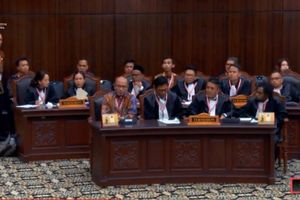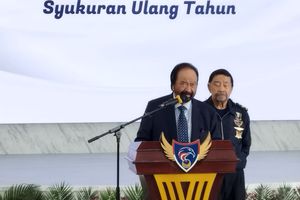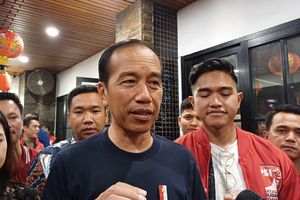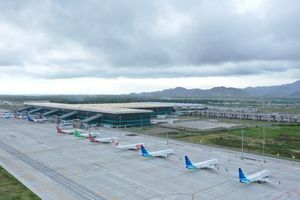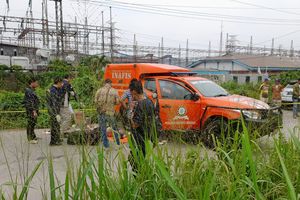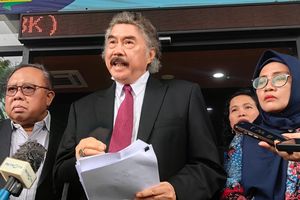What US Worries before Obama Visits Indonesia
Last year, a proposed visit to the region by Obama triggered threats of a terrorist attack. Defense and counterterrorism officials said they believe the threats were for an attack on Western interests during the visit, but were not necessarily aimed directly at the president.
Obama postponed the trip because of other scheduling concerns, according to the White House. But extremists gloated that they had scared the American president away.
Counterterrorism officials say the threat has remained steady since the Aceh camp was discovered. They worry that other terrorist leaders, such as Umar Patek, who’s believed to be in the Philippines, may be looking to travel back to Indonesia. Others suggest Patek, who’s wanted in the 2002 Bali bombings, already may have returned. Patek and Dulmatin, both members of the Indonesia-based militant group Jemaah Islamiyah, fled to the southern Philippines after the Bali bomb attacks that killed 202 people, many of them foreign tourists. Dulmatin returned to Indonesia and was killed by police in a shootout in March.
To help better monitor the terrorists’ movement and trafficking in the region, the U.S. has provided money for helicopters, radar systems and small boats, to help build an interdiction force. Since 2006, the Pentagon has sent about $60 million in military aid to Indonesia for a new regional maritime warning system; as much as $20 million more is in the pipeline.
The move by the U.S. military to re-engage with Indonesia’s elite special forces unit, known as Kopassus, may pay dividends, but it has raised alarms from human rights activists. Kopassus troops have been implicated in a range of war crimes and human rights violations. Indonesian officials say they have worked to address the problems.
The U.S. cut ties with the special forces under a 1997 law that banned U.S. training for foreign military units accused of human rights violations. The ban can be lifted if there have been substantial measures to bring culprits to justice.
The U.S. concluded that the Indonesians have tried to stem the abuses, and that the ban was hindering its military relationship with a critical Pacific ally. Working with Kopassus, U.S. officials said, is important because the troops deploy around the world, and members move into military leadership positions. Human rights training probably will be part of the U.S. effort, they said.
Indonesia’s military is actively countering terrorist threats. But officials see such attacks as law enforcement problems that need to be dealt with quickly and openly by police and the courts. And they steer arrested terrorists into a rehabilitation program.
There is a fundamental belief that militants are fellow Muslims who have gone astray and that they are inherently reformable, Jones said. “But there are others who took police assistance and never returned to the program,” Jones added.
“So, in a limited way, it has been successful. I don’t think any country has figured out how to deradicalize the hard core.”
Jones said the authorities are better at sweeping up militants once a threat is identified than they are at ferreting out hidden camps or terrorist groups.
Simak breaking news dan berita pilihan kami langsung di ponselmu. Pilih saluran andalanmu akses berita Kompas.com WhatsApp Channel : https://www.whatsapp.com/channel/0029VaFPbedBPzjZrk13HO3D. Pastikan kamu sudah install aplikasi WhatsApp ya.









